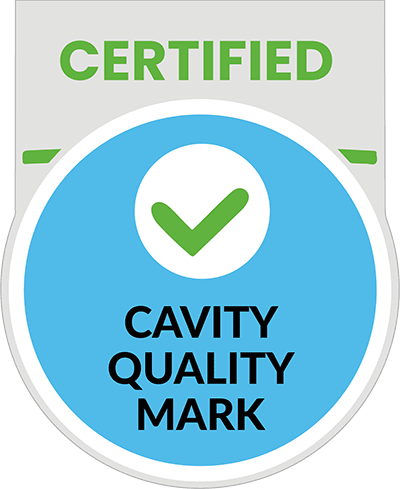The reality is that disabilities and health conditions do not prevent people from making meaningful contributions in dentistry or healthcare. With the right support and workplace accommodations, inclusion becomes not just possible—but powerful. We explore inclusive employment below, but take our FREE Disability and Autism Awareness CPD Course to delve deeper.
A Dentist’s Journey: Thriving with a Disability
Dr. Shona Sawhney, a practicing dentist, was diagnosed with a connective tissue disorder during dental school. Her condition began affecting her daily function in her third year, with increasing symptoms like swelling and seizures.
For anyone, dental school is grueling. It demands precision, dedication, and resilience. Imagine achieving a place in such a competitive field, only to be advised by a neurologist to consider abandoning your dream.
“To have a disability does not mean you miss ability.” – Dr. Shona Sawhney
Instead of giving up, Shona sought support from her school. Small changes—like rescheduling oral surgery patients to the afternoon when her energy levels were better—made a world of difference. Shona’s story is a powerful example of how reasonable adjustments can enable talented individuals to succeed in their chosen careers.
More Than a Medical Condition: Thriving in Marketing with Brittle Bone Disease
Jessica Moore, Marketing Manager at Bupa Dental Care, lives with Osteogenesis Imperfecta, also known as Brittle Bone Disease. Despite having over 100 fractures and multiple surgeries, she continues to build a successful career in a demanding industry.
Jessica highlights the need for accessible meeting spaces and the value of pre-meeting accessibility checklists. These proactive solutions reduce anxiety, support inclusion, and create a more disability-friendly work environment.
Why Hiring People with Disabilities Benefits Everyone- Inclusive Employment
Inclusive employment isn’t just the right thing to do—it delivers clear advantages to individuals, businesses, and society at large.
Key Benefits of Employing People with Disabilities:
-
Fosters an inclusive and empathetic workplace culture
-
Enhances problem-solving and innovation through diverse perspectives
-
Promotes employee loyalty and reduces turnover
-
Saves costs associated with hiring and retraining
-
Increases self-confidence and quality of life for employees
-
Strengthens community and connection
-
Provides a stable source of income and independence
💡 Did you know?
There are 10.21 million disabled people of working age in the UK.
Yet only 5 in 10 disabled individuals are employed, compared to 8 in 10 non-disabled individuals.
This represents an untapped workforce with immense potential. Addressing this gap is not just about fairness—it’s about economic growth, social responsibility, and innovation.

Understanding the Barriers to Disability Employment
Despite the benefits, employers still express hesitation. According to the Institute of Leadership and Management, key concerns include:
-
Cost of workplace adjustments (69%)
-
Difficulty implementing changes (67%)
-
Inaccessible application processes (44%)
-
Uncertainty about job performance (29%)
-
Fear of workplace discrimination (11%)
However, many of these concerns are based on myths. According to the UK Government, reasonable adjustments often cost little or nothing, and programs like Access to Work can help cover expenses.
Actionable Steps: How Dental Practices Can Foster Inclusive Employment
✅ Practical Ways to Support Disabled Employees:
-
Offer reasonable adjustments tailored to individual needs
-
Create accessible application and recruitment processes
-
Provide mentoring and training for managers and teams
-
Modify the working environment, e.g., assign a permanent desk for employees with anxiety
-
Make physical alterations to premises for mobility access
-
Provide accessible information formats
-
Offer flexible work hours and allow extra time for job assessments
-
Encourage open conversations and disability awareness workshops
Everyone Has a Role to Play in Building Inclusive Workplaces
Employers, educators, and policymakers all have a part to play in creating a diverse, disability-inclusive workforce—especially in high-demand fields like dentistry and healthcare.
By recognizing talent, providing flexibility, and dismantling outdated biases, we open doors for thousands of skilled professionals who are eager to contribute.


